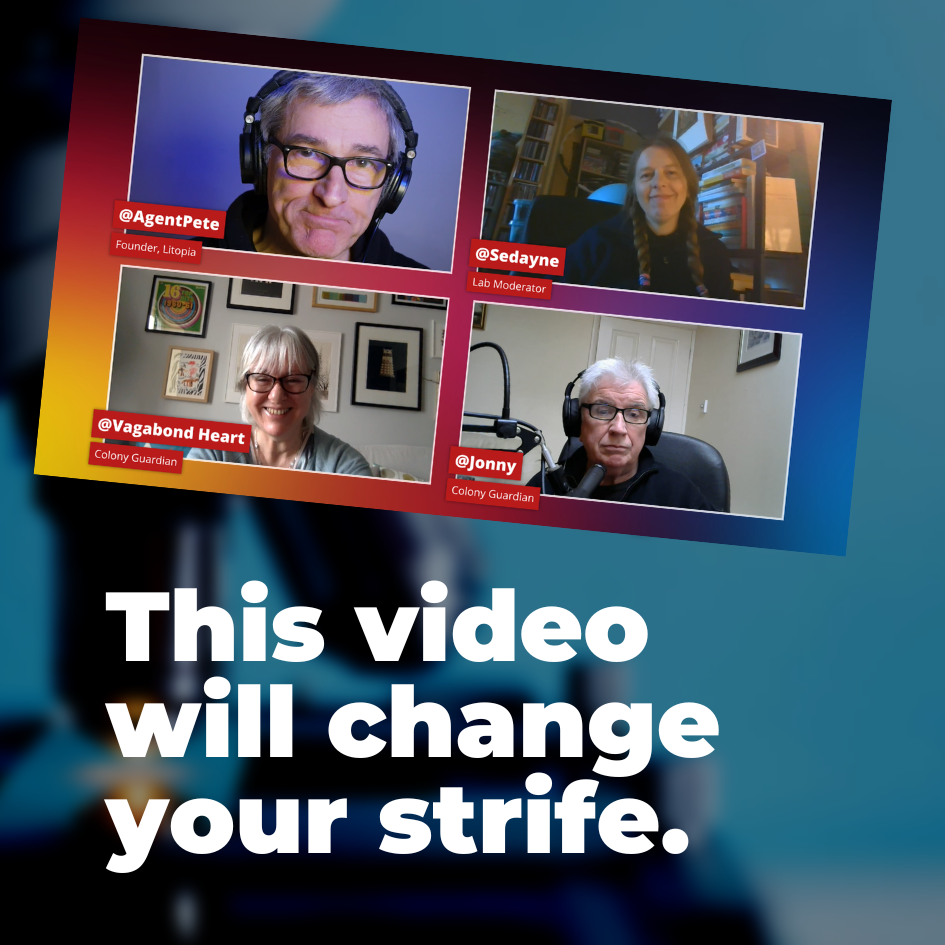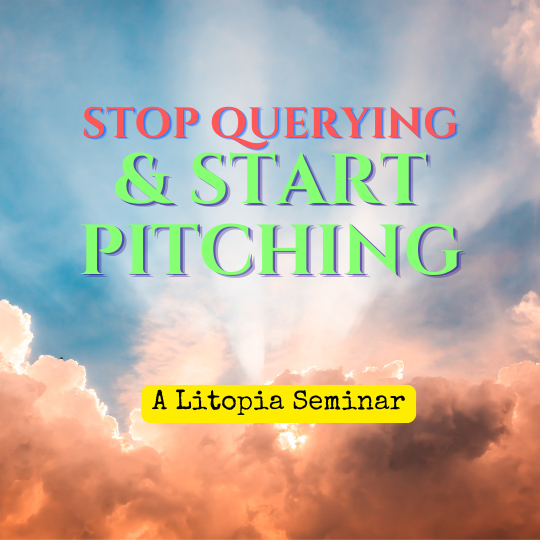E G Logan
Full Member
I haven't made this a poll, only a discussion, because I'm more interested in the thinking behind the choice – and because I can't do the polls thing anyway.
If there is a lot of interest, maybe someone else could, later.
My question:
as a writer with an unpublished work, is it better for us to go for
(1) new, young, keen agents, or aim high and try
(2) established, top agents?
What do we think, and why?
I ask because I had been working on the basis that new, young agents would be keener and probably more flexible (don't say desperate) as they are building up their lists. I had been including in this pool of potential agents those who have just moved agency and especially those who have just set up on their own – though there have been fewer of these lately, of course.
But I found that, briefly, the presumed keenness and, especially, the flexibility was simply not the case. Not for me, at any rate.
At the same time, I have been looking into trying for a US agent. It appears the market for the kind of thing I have written is much bigger there, plus there are a LOT of US agents. In researching this, I've several times come across the opposite argument to the one above: that it is worth holding out for a top rank agent.
This argument is that a leading agent can and does open more and better doors; it also introduces the concept of being published well. (I think I'm still at the point where simply being published would be very good indeed.)
What do others think? Does @AgentPete have a view?
It does seem that the top ranked US agents are more approachable than perhaps they are in the UK, from instances cited online, giving critiques and assessments even for work they are rejecting. Personally, I would never have thought of sending my novel to a really top UK agent, expecting it would be very swiftly binned – but maybe I've been wrong.
If there is a lot of interest, maybe someone else could, later.
My question:
as a writer with an unpublished work, is it better for us to go for
(1) new, young, keen agents, or aim high and try
(2) established, top agents?
What do we think, and why?
I ask because I had been working on the basis that new, young agents would be keener and probably more flexible (don't say desperate) as they are building up their lists. I had been including in this pool of potential agents those who have just moved agency and especially those who have just set up on their own – though there have been fewer of these lately, of course.
But I found that, briefly, the presumed keenness and, especially, the flexibility was simply not the case. Not for me, at any rate.
At the same time, I have been looking into trying for a US agent. It appears the market for the kind of thing I have written is much bigger there, plus there are a LOT of US agents. In researching this, I've several times come across the opposite argument to the one above: that it is worth holding out for a top rank agent.
This argument is that a leading agent can and does open more and better doors; it also introduces the concept of being published well. (I think I'm still at the point where simply being published would be very good indeed.)
What do others think? Does @AgentPete have a view?
It does seem that the top ranked US agents are more approachable than perhaps they are in the UK, from instances cited online, giving critiques and assessments even for work they are rejecting. Personally, I would never have thought of sending my novel to a really top UK agent, expecting it would be very swiftly binned – but maybe I've been wrong.




